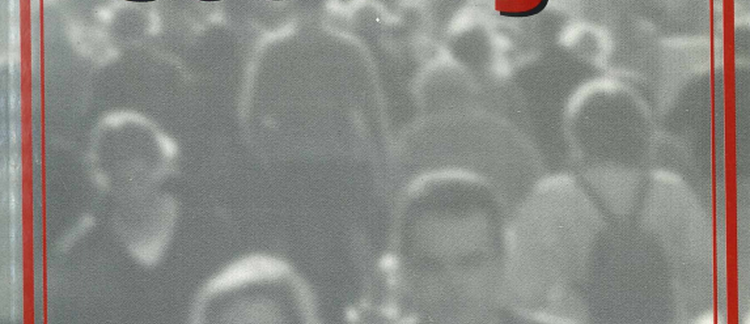Abstract
Governing parties and politicians have - generally speaking - higher news value than other politicians, because they can do something in reality, while others are convicted to producing discourse about how they want things to be done. Nevertheless, international research shows that these benefïts do not automatically result in a constant high level of media-exposure. It depends. This article distinguishes between three media-bonuses: the governing party bonus (extra attention for the parties in government), the cabinet-bonus (extra media-attention for the ministers and secretaries of state) and the chancellor bonus (extra media-attention for the prime minister). The bonuses of the last four Belgian governments are put in comparative perspective, and finally a media-exposure index is composed, to get a grasp of the differences in media-exposure between the prime minister, members of government, members of parliament, chairmen of the political parties, etc.
How to Cite:
De Swert, K. & Walgrave, S., (2002) “De kanselierbonus in de Vlaamse pers: een onderzoek naar regering en oppositie in drie Vlaamse kranten (1991-2000)”, Tijdschrift voor Sociologie 23(3-4). doi: https://doi.org/10.21825/sociologos.86559
Downloads:
Download PDF
View
PDF


